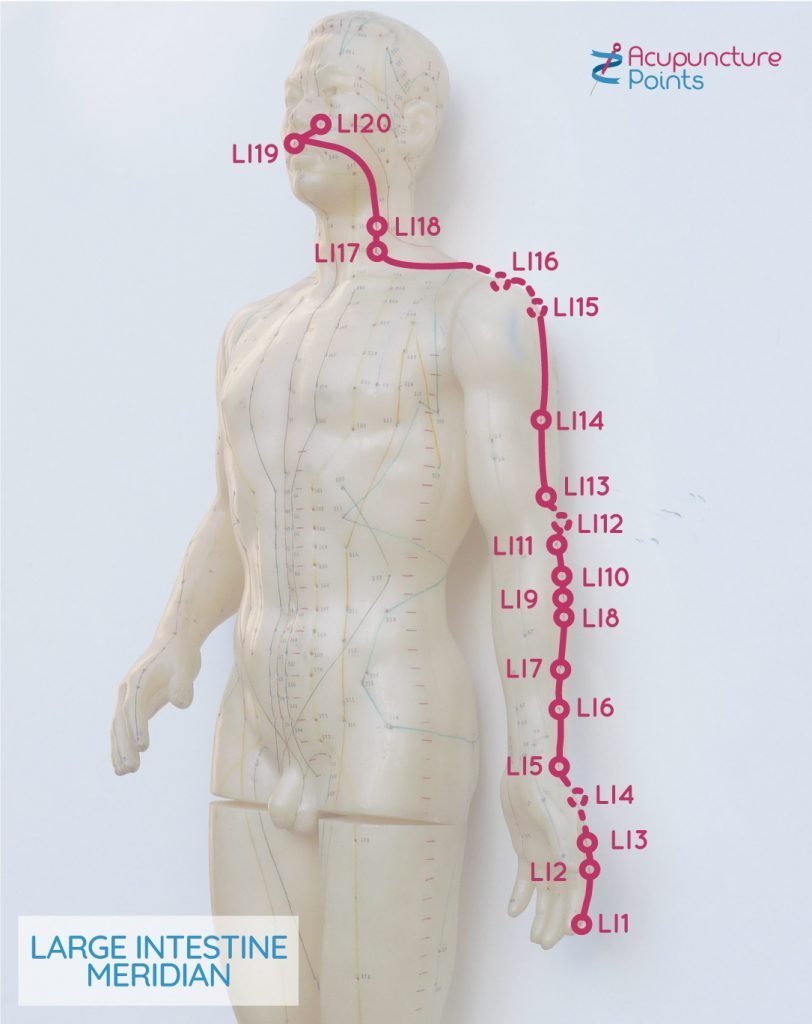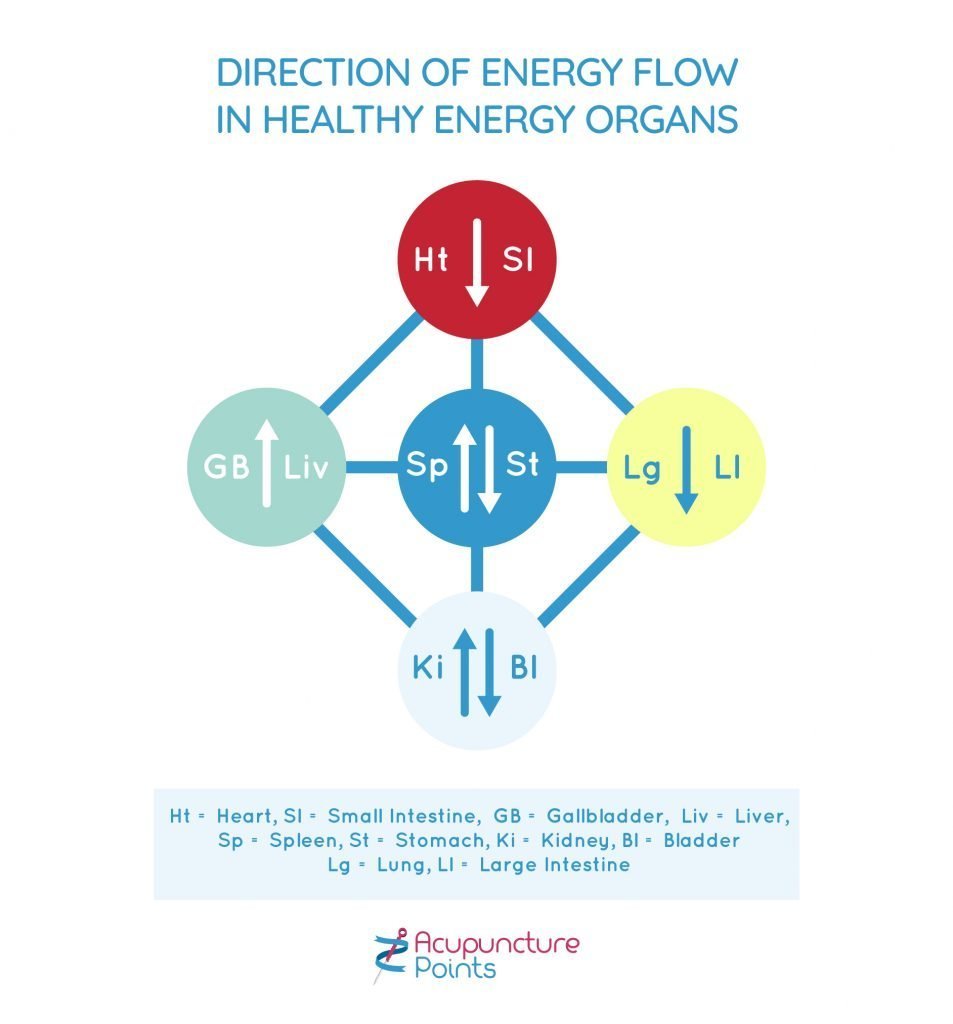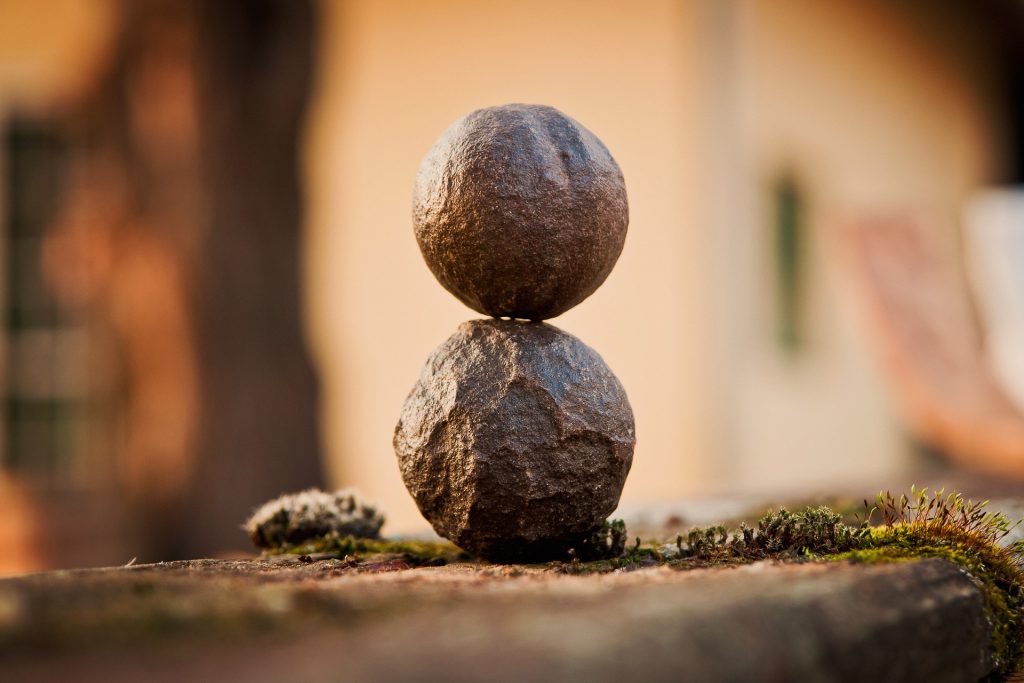
Nervous Stomach Anxiety: yin/yang explanation
Why You get Nervous Stomach Anxiety and How to Handle It. Acupuncture has great ways to help.

In English we pronounce qi ‘TCHEE’. The Japanese pronounce it ‘Kee’. You may often see it spelled as Chi or Ch’i.
It literally translates as air, breath, steam.
Originally derived from the Chinese character for steam rising over boiling rice, the concept is fundamental in Chinese medicine.
Translation: life force or life energy – but that implies that inanimate objects and vacuums contain none of it, which they do, because they exist.
If you are religious, might you regard it as being the ‘breath of God’, that enables the universe and everything within it to exist?
There are an infinite number of different aspects of qi.
As regards our health, traditional Chinese medicine regarded it as being what enables life to exist within us.
With it, we live!
Without it we do not live – although what remains as our body after we die continues to be represented as matter until it changes into something else through deterioration or destruction.
The rest of this page gets a bit technical, meaning lots of Chinese words and explanations.
However, the Chinese have spent 3000 years thinking about our health and ill-health from this point of view so we should respect their ideas.
Normal qi is also called ‘upright’ or ‘true’ (Zheng) qi. It arises or is created in our bodies through the interaction of three factors:
1/ The qi of our internal organs (zang fu). For example, heart qi, kidney qi, lung qi, stomach qi.
The qi of each of these internal organs works in different ways. For example, in health lung qi, heart qi, kidney qi, stomach qi, large intestine qi, small intestine qi and bladder qi should all descend, spleen qi should ascend, and liver qi should ascend and enable all the others to flow smoothly. In addition, the steam and water from the Kidneys should ascend.

3/ Nourishing qi (Ying qi) which travels within the blood to nourish the body and all its parts. Nutrition is important for this.
4/ The qi that defends us (wei qi), like our immune force. This circulates at an outer level of the body defending it against external disease-forming factors
5/ Ancestral qi (Zhong qi). This is created in the chest and nourishes mainly the lungs and the heart.
However, qi also takes lighter or more tenuous forms, such as thoughts, ideas, and heavier, thicker forms, such as blood and bones.
In health there are checks and balances in how qi moves.
Lung qi descends and Liver qi ascends: they balance one another.
But if you get angry, more (Liver) qi ascends. You feel this as tension in your shoulders and neck, the tightening of your jaw and facial muscles, the constriction in your chest and the desire to argue, even shout – or grit your teeth!

What do you do? Either you let it out assertively or you calm yourself down with a few deep breaths. This makes your Lung qi descend more strongly, taking with it all that rising tension.
If you let it out destructively, then there was no moderating counter-balance from your Lungs.
If you realised what was happening and contained the energy until dealt with constructively, then your Lung energy steadied you.
Stomach qi descends and Spleen qi ascends. If Stomach qi fails to descend, you’ll be nauseous and won’t want to eat.
If Spleen qi fails to ascend, you’ll get diarrhoea but more than that, the essence of food won’t ascend to nourish the ancestral (Zhong) qi in your chest. So you’ll feel weak and perhaps breathless.
Where you are having problems often suggests which zangfu organs are acting ‘wrongly’.
That can narrow down the field very quickly.
Energy problems take many forms, for example:
These problems cause an imbalance between yin and yang.
You could say that this entire website, indeed, all Chinese medicine, is about this imbalance.

Another method of using Chinese medicine is the Five Elements. ‘Five Element’ acupuncturists also assess qi but from a different perspective. Worth a look!
When you visit me one of my first jobs is to assess your Qi and where there may be weaknesses.
The consultation may be short or long, but that basic diagnosis is vital if I’m to plan a good treatment.
There’s no point in shortening the appointment if doing so stops me making the right diagnosis.
To book an appointment click here.
The ancient Chinese explored their relationship with the universe, just as we did and still do in the West.
What emerged was a form of astrology mostly very different to Western Astrology and Chinese Medicine, about which I wrote a book.
We’ll have a page on Chinese astrology in due course. Some acupuncturists use Chinese astrology to guide them towards appropriate treatment.

Stay in Touch!
No spam, only notifications about new articles and updates.

Book a Video consultation if you want to know more about your symptoms
An important part of Chinese medicine concerns the powerhouse that produces Energy and Blood.
There are twelve zang-fu organs that do this.
Knowing how they work, what they do, and the signs – or syndromes – that come up when they go wrong, is an important part of TCM Theory.
There are 6 YIN zangfu, and 6 YANG zangfu energy organs.
Yin:
Yang:

Why You get Nervous Stomach Anxiety and How to Handle It. Acupuncture has great ways to help.
Subscribe to the Newsletter
If you are interested in understanding how Traditional Chinese Medicine can improve your life sign up to my newsletter for the latest updates.
Subscribe to the Newsletter
If you are interested in understanding how Traditional Chinese Medicine can improve your life sign up to my newsletter for the latest updates.
2 Responses
I have no use of my right hand due to brain surgery. Is there something I could do to get my strength back
Hi Phyllis
Thank you for a good question! It’s an easy question to ask, but less easy to answer.
(For others reading this, I have no knowledge of Phyllis’ situation than the above question.)
1. If I assume brain surgery has interrupted the normal function, it may be somewhat like the effect of a stroke, which in Chinese medicine is explained as ‘Wind-Stroke’. With this, there is an ‘attack’ on the acupuncture channels leading to various symptoms such as paralysis, numbness, hemiplegia, limited movement and sometimes slurred speech. Acupuncture done early after the stroke, or in Phyllis’ case her surgery, often greatly helps.
There are various syndrome subcategories for this such as Wind-Phlegm (which has contraction of limbs and often, dizziness and stiffness, tongue deviated to one side), Damp-Phlegm (feeling of heaviness in the limbs, often swelling, lots of sputum, tongue swollen), Qi and Blood Stagnation (possibly irritability, stabbing pains, purple tongue) and Yin deficiency with Empty Heat (we have several pages on this, such as Heart Yin deficiency with Empty Heat)
There are two parts to the treatment, one being the main syndrome (eg , say, Stagnation of Qi and Blood) and the other on the specific channels affected. For success, treat both, particularly the syndrome, otherwise the condition may recur.
2/ For Phyllis, I would also want to consider her health before she needed the brain surgery. Almost certainly there would have been symptoms (though I have had patients where there were no reported symptoms, just a mass of blood vessels surrounding nerves and brain tissue such that any interruption in blood flow could lead to stroke, supposedly at any time). Eventually I would have to treat this underlying pattern, again to avoid recurrence.
3/ In acute stroke, seek Western medicine – it has precedence. But for the sequellae, Chinese medicine and acupuncture come into their own. However, the earlier the treatment is possible the better the results. The older someone is when it happens, the more stuck in its ways is the body, the harder it is to reconnect it to the bubbling spring of potential health it was in youth.
Sometimes even a little treatment in the right place can make a huge difference, even if just for pain. I treated someone who, some years previously, had been a patient for something else, but even then was taking heavy medication to prevent epileptiform attacks. She was in her mid-seventies. Eventually she had a major stroke. After about a month in hospital, for the pain she was put on opiates but decided they clouded her thinking too much and she’d try acupuncture for a while to see if it could deal with the pain, mainly in her left arm, which was also paralysed.
The hospital didn’t really welcome my presence on their turf and made few concessions but I managed to treat her several times. However, I was limited in the points I could use as she would have needed staff assistance to undress. Even so, the pain went after one treatment on the acupuncture channels mainly affected, and after the second treatment she claimed more movement in her fingers on that side. I was glad of any improvement: I had not hoped for much. (Herbs were out of the question because of the other medication she was taking.)
So – advice. If symptoms do mirror the sequellae of a stroke in some ways, get treatment fast after surgery: the sooner the better. Ideally, diagnose the syndrome and treat that too. The older you are or the longer you leave it, the slower the result of treatment, and probably the more treatments you’ll need.